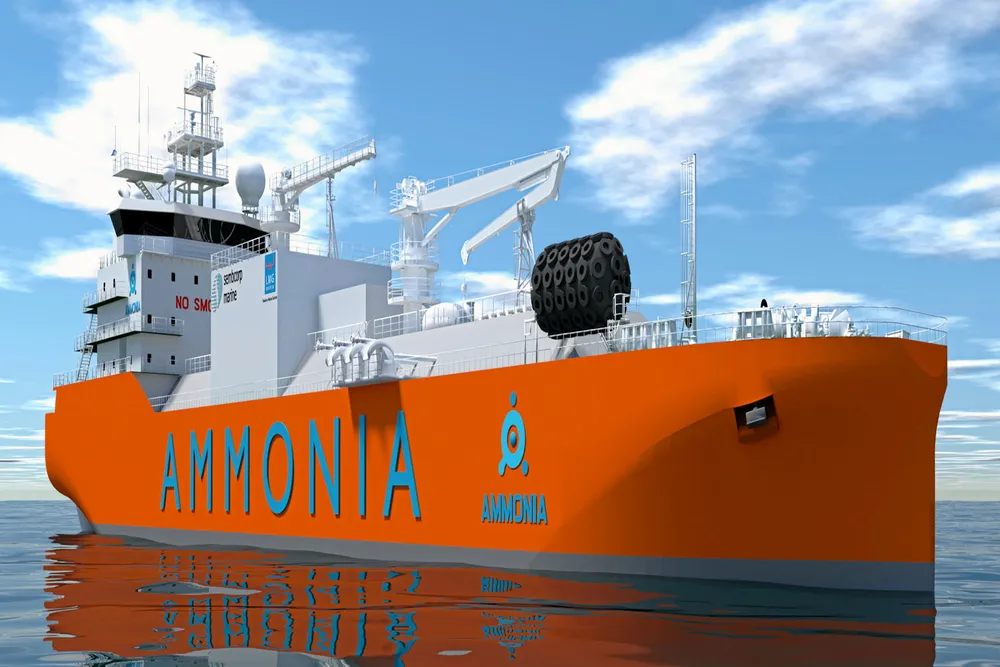Hydrogen shipping | First movers into green H2-based fuels 'will get rewarded twice' under new EU rules
FuelEU Maritime emissions regulations would also introduce a quota for 1% of renewable fuels of non-biological origin in the shipping fuels mix

FuelEU Maritime emissions regulations would also introduce a quota for 1% of renewable fuels of non-biological origin in the shipping fuels mix
